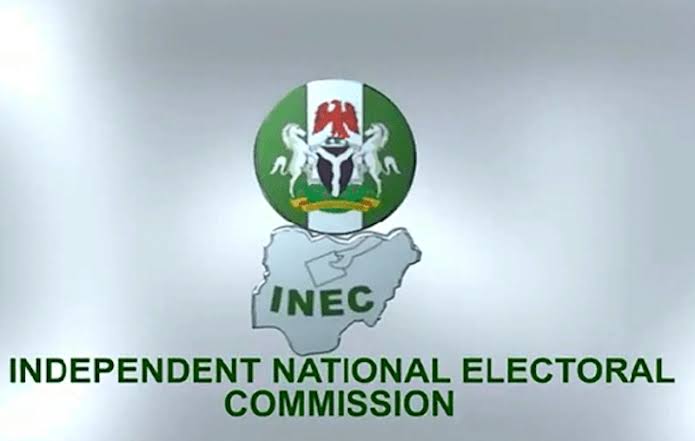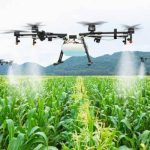A recent study by YIAGA Africa, a local civil society group promoting democratic governance, says Nigeria’s February 25 (2023) general election could be rigged in nearly two-thirds of the country’s 36 states.
YIAGA released the study on Friday, February 10. The analysis was conducted through its Election Manipulation Risk Index or EMRI, an evidence-based tool designed by YIAGA Africa to promote strategic election planning and reduce election manipulation.
While it predicts rigging in 22 states, it particularly fingered Sokoto, Katsina, Jigawa, Kano, Adamawa, and Bauchi in the northeast and northwest as states that would be more prone to interference in this year’s poll.
Others are Kaduna, Niger, Plateau, Taraba, and Kwara in the north-central, while Oyo, Osun, Ekiti, and Lagos states could see manipulations in the southwest.
And Enugu, Ebonyi, Anambra, Abia, Imo, Rivers, and Akwa Ibom states could be affected in the southeast and south-south regions.
Meanwhile, the report said 13 states – Zamfara, Yobe, Borno, Ogun, Ondo, Edo, Delta, Bayelsa, Kogi, Nasarawa, Benue, Cross River, and Kebbi have minimum risk of interference.
“Gombe in the northeast and the Federal Capital Territory in north central are the only states with little chance of manipulation in the presidential election”, the report indicates.
YIAGA Africa’s EMRI said that its analysis is based on six factors that impact the electioneering process. They include INEC capture, voter register manipulation, voter suppression, resistance to the election technology, history of election manipulation, and election litigation.
To prevent malpractice, it said there should be enhanced security at facilities where the bimodal voter accreditation system or BVAS is stored, timely production and distribution of permanent voters cards or PVCs, and a decentralized PVC collection process.
YIAGA Africa also noted that “prosecution of Independent National Electoral Commission officials involved in manipulating voter registers” is another way to reduce the risk of election manipulation.
YIAGA also asked the judiciary to dismiss cases instituted to undermine the preparations for the general elections and take disciplinary actions against legal practitioners engaged in election manipulation using the judicial process.
A recent study by YIAGA Africa, a civil society group focused on promoting democratic governance, indicates that Nigeria's February 25, 2023, general election is at risk of being rigged in nearly two-thirds of the country's 36 states. The study, released on February 10, was conducted using YIAGA Africa's Election Manipulation Risk Index (EMRI), which is an evidence-based tool designed to promote strategic election planning and mitigate election manipulation.
The analysis highlights that 22 states, including Sokoto, Katsina, Jigawa, Kano, Adamawa, and Bauchi in the northeast and northwest, are particularly vulnerable to manipulation. Additional states identified include Kaduna, Niger, Plateau, Taraba, and Kwara in the north-central; Oyo, Osun, Ekiti, and Lagos in the southwest; and Enugu, Ebonyi, Anambra, Abia, Imo, Rivers, and Akwa Ibom in the southeast and south-south regions.
Conversely, the study finds that 13 states, including Zamfara, Yobe, Borno, Ogun, Ondo, Edo, Delta, Bayelsa, Kogi, Nasarawa, Benue, Cross River, and Kebbi, have a minimal risk of interference. Moreover, Gombe in the northeast and the Federal Capital Territory in north-central are identified as having little chance of manipulation during the presidential election.
YIAGA Africa's analysis is based on six factors influencing the election process: INEC capture, voter register manipulation, voter suppression, resistance to election technology, history of election manipulation, and election litigation. To curb malpractice, the organization suggests enhanced security at bimodal voter accreditation system (BVAS) facilities, prompt production and distribution of permanent voter cards (PVCs), and a decentralized PVC collection process. Additionally, it advocates for the prosecution of electoral officials involved in manipulating voter registers and urges the judiciary to dismiss legal cases meant to undermine election preparations and to penalize legal practitioners complicit in electoral manipulation.






